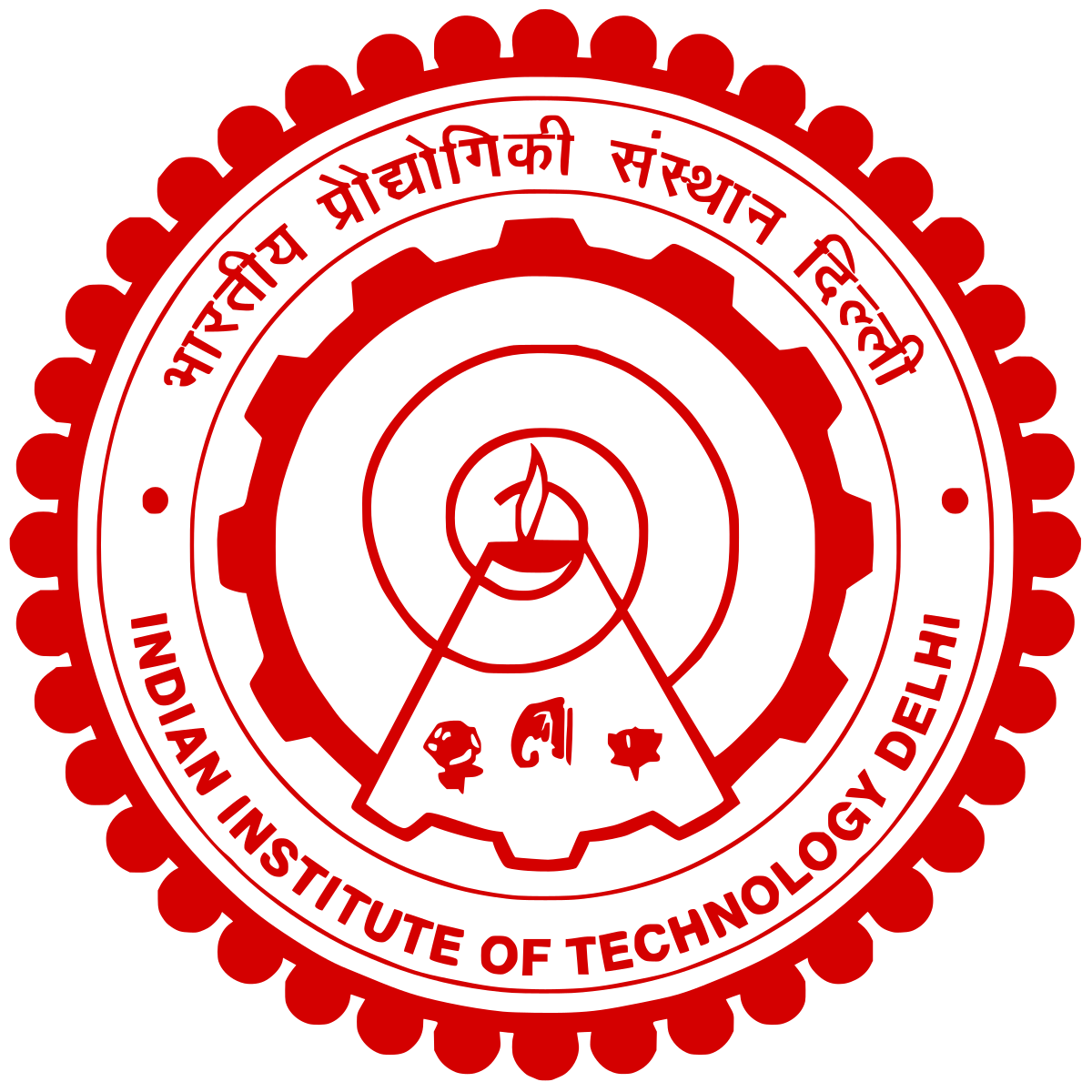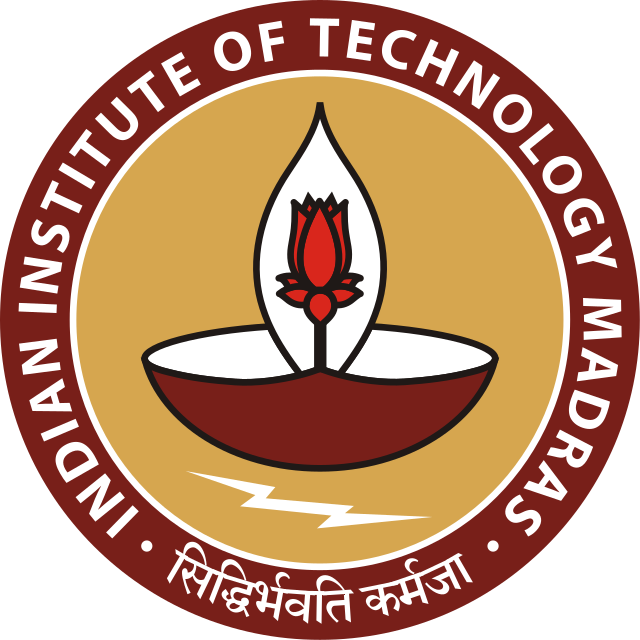What is an MS Degree?
A Master of Science (MS) degree is a graduate degree that prepares students for careers in research or analysis, or to apply to a PhD program. MS degrees are typically technical, and classes focus on developing analytical and problem-solving skills through lab work and scientific research. MS degrees can advance knowledge in a number of in-demand subjects, including:
Program Structure
A Master of Science (MS) is a graduate-level degree that typically lasts 2–3 years. It’s a formal designation for a wide range of scientific fields, including:
- Mathematics
- Physical science
- Applied science/engineering
- Social and behavioral science
- Computer science
- Medicine
- Nursing
Specializations
Here are some MS specializations:
- Computer scienceA highly sought-after program that provides advanced knowledge and skills.
- Data scienceA top MS course for students with a strong background in computer science, mathematics, or applied statistics. Students learn about software and datasets for managing data.
- Power engineeringA field that deals with designing and building modern power systems. Specializations include rotating machinery, transmission and distribution systems, system protection, and dynamics.
- Management information systemsA top MS specialization that focuses on the business aspects of scientific information management in an organization.
- CybersecurityA specialization of computer science that typically focuses on technical and technological skills, including computer networks, programming, and applied cryptography.
- Robotics and autonomous systems
A multidisciplinary MS program that emphasizes robotics, controls, autonomous systems, artificial intelligence, and related fields.
Other MS specializations include:
- MS in petroleum engineering
- MS in embedded systems
- MS in wireless communications
- MS in game design and game development
- MS in life sciences
Career Opportunities
A Master of Science (MSc) degree can lead to many career opportunities in various fields, such as science, engineering, technology, business, and healthcare.
Some career opportunities after an MSc include:
- Research Scientist: Work in academic institutions, government laboratories, or private research organizations to conduct experiments, analyze data, and contribute to scientific publications.
- Data Analyst: Support data-driven decisions that power all aspects of business.
- Data Scientist: Process and interpret raw data to make it more easily understood. Use computer science, math, modeling, analytics, and statistics to organize and provide meaning to data.
- Lecturer: Concentrate on a subject and teach others about it.
- Research Associate: Use mathematical equations, statistical software, and analytical models to obtain objective inferences from enormous volumes of data.
- Clinical Research Associate: Perform clinical studies to determine the efficacy of medications.
Other job profiles include:
- Manager / Executive (Senior / Assistant / Junior)
- Laboratory technician
- Food and Drug Inspector
- Chemical Analyst
- Professor
- Junior Research Fellow
- Biochemist
Some Basic Informations About Master's Of Science
| Information | Details |
| Admission Process | Admission based on university-specific criteria, including academic performance, standardized test scores, letters of recommendation, and statement of purpose |
| Duration | Typically 1 to 2 years |
| Eligibility | Bachelor’s degree in a related field from a recognized university |
| Minimum Age | Varies by institution |
| Future Scope | Research Scientist, Academician, Industry Specialist, Data Analyst, Consultant |
| Specializations | Specializations vary widely based on the chosen field of study, including but not limited to: |



